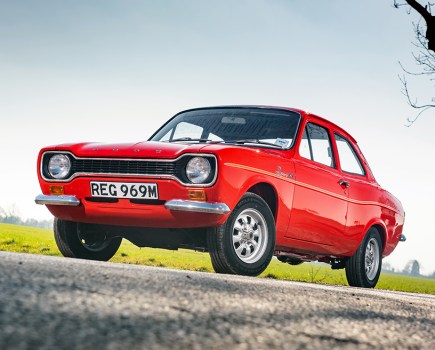In a welcome update on New Year’s Eve, transport secretary Grant Shapps confirmed motorists do not need an International Driving Permit to drive abroad for short stays post-Brexit. He tweeted to say that the UK government has secured agreement with all 27 EU member states to recognise UK driving licences without an IDP.
This was also backed up by updated advice on the government’s website, but a small number of drivers may still need an International Driving Permit (IDP) for trips in the EU and Norway if they still have a paper driving licence or a licence that was issued in Gibraltar, Guernsey, Jersey or the Isle of Man. In these cases, the government advises to check with the embassy of the country you are visiting – an IDP costs £5.50 and can be bought over the counter at the Post Office. You will not need an IDP to drive when visiting Ireland if you have a UK driving licence.
There are still some extra things to consider, however. When it comes to driving in the EU and some other European counties, you will need an insurance green card for your vehicle, caravan or trailer. To obtain this, you’ll need to contact your insurance company at least a month before your intended European visit (the government advises on six weeks). You must carry a physical copy of your green card when driving abroad, with electronic versions not acceptable. Fortunately, you can now print green cards yourself and they no longer need to be on green paper.
In addition, you’ll need to carry your vehicle log book (V5C), and most likely a GB sticker. You don’t need the latter if your number plate includes the GB identifier on its own or with the Union flag, but you do if it has a Euro symbol, a national flag of England, Scotland or Wales, or – as with the majority of classics – numbers and letters only. If you’re in Spain, Cyprus or Malta, you must display a GB sticker no matter what is on your number plate.
As for accidents, any legal proceedings against either the responsible driver or the insurance provider of the vehicle will need to be brought in the EU or EEA country where the accident happened. You might have to make your claim in the local language. You will not get compensation in some countries if the accident is caused by an uninsured driver or if the driver cannot be traced.
Breakdowns look to be far simpler though. The RAC will continue to provide breakdown cover through partners operating within the European Union, while the AA also provides cover in up to up to 44 countries across the continent.





